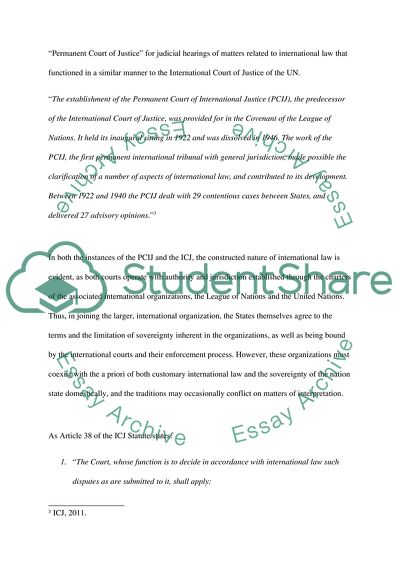Cite this document
(International Law in the Contemporary World Arena Essay - 1, n.d.)
International Law in the Contemporary World Arena Essay - 1. Retrieved from https://studentshare.org/law/1747960-international-law-in-the-contemporary-world-arena
International Law in the Contemporary World Arena Essay - 1. Retrieved from https://studentshare.org/law/1747960-international-law-in-the-contemporary-world-arena
(International Law in the Contemporary World Arena Essay - 1)
International Law in the Contemporary World Arena Essay - 1. https://studentshare.org/law/1747960-international-law-in-the-contemporary-world-arena.
International Law in the Contemporary World Arena Essay - 1. https://studentshare.org/law/1747960-international-law-in-the-contemporary-world-arena.
“International Law in the Contemporary World Arena Essay - 1”, n.d. https://studentshare.org/law/1747960-international-law-in-the-contemporary-world-arena.


